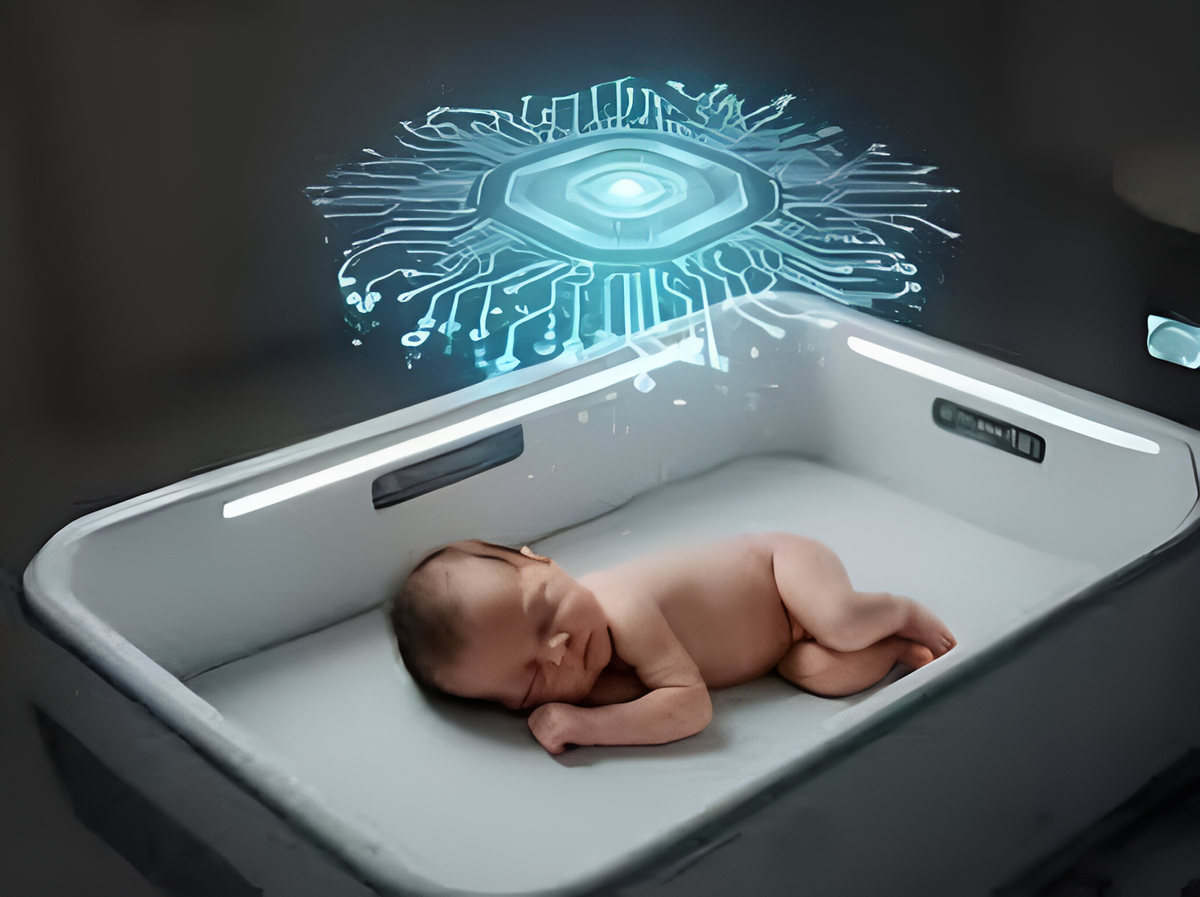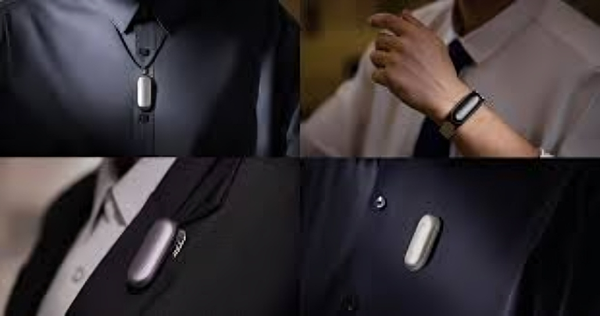AI-Assisted IVF: The World’s First Baby and a New Dawn for Fertility

A Historic Milestone
In April 2025, the world’s first baby conceived through a fully automated AI-assisted IVF system was born at Hope IVF in Guadalajara, Mexico. This healthy baby boy, born to a 40-year-old mother using donor eggs, marks a revolutionary step in reproductive medicine. Developed by Conceivable Life Sciences in New York and Guadalajara, led by embryologist Dr. Jacques Cohen, this technology automates the delicate intracytoplasmic sperm injection (ICSI) process, offering a glimpse into a future where fertility treatment is more precise and accessible (India Today).
How AI-Assisted IVF Works
Traditional ICSI, used since the 1990s, involves manually injecting a single sperm into an egg, requiring skilled embryologists. Human error, fatigue, and variability can impact success rates. The new AI-driven system changes that by automating all 23 steps of ICSI. Artificial intelligence selects the optimal sperm based on visual cues, immobilizes it with a laser, and positions it precisely for injection, achieving unmatched accuracy (Business Today). In this case, four of five eggs fertilized successfully, with one developing into a high-quality blastocyst, frozen, and later transferred, resulting in the birth (New Scientist).
Aspect | Traditional ICSI | AI-Assisted ICSI |
|---|---|---|
Sperm Selection | Manual by embryologist | AI algorithm using visual cues |
Sperm Immobilization | Manual technique | Laser-based automation |
Injection Process | Human-operated pipette | Robotic precision |
Error Risk | Subject to fatigue, skill variability | Minimized by automation |
Benefits and Potential
This breakthrough could transform IVF by enhancing precision, reducing human error, and potentially lowering costs as the technology scales, per The Times of India. It addresses barriers like male infertility and inconsistent outcomes, making fertility care more accessible. Joyce Harper, a reproductive science professor, called it an “exciting proof-of-concept” but noted the need for larger trials to confirm efficacy (The Express Tribune).
Ethical and Social Considerations
The integration of AI in reproduction sparks ethical debates. X posts reflect mixed sentiments—@TechEnthusiast praised the “mind-blowing” innovation, while @EthicsWatchdog questioned the “dehumanization” of conception. Concerns include data privacy in biological processes and the role of machines in life creation. Developers emphasize transparency through protocols, but public trust and long-term studies are critical, as noted by SheThePeople.
A New Era for Fertility
This AI-assisted IVF birth is more than a milestone—it’s a beacon of hope for millions facing infertility. By blending technology with human aspiration, it promises a future where fertility treatment is more effective and equitable. However, ethical navigation and rigorous testing are essential to ensure this innovation serves humanity responsibly. As we celebrate this first baby, we stand at the cusp of a transformative era in reproductive medicine, where AI could redefine the journey to parenthood.



